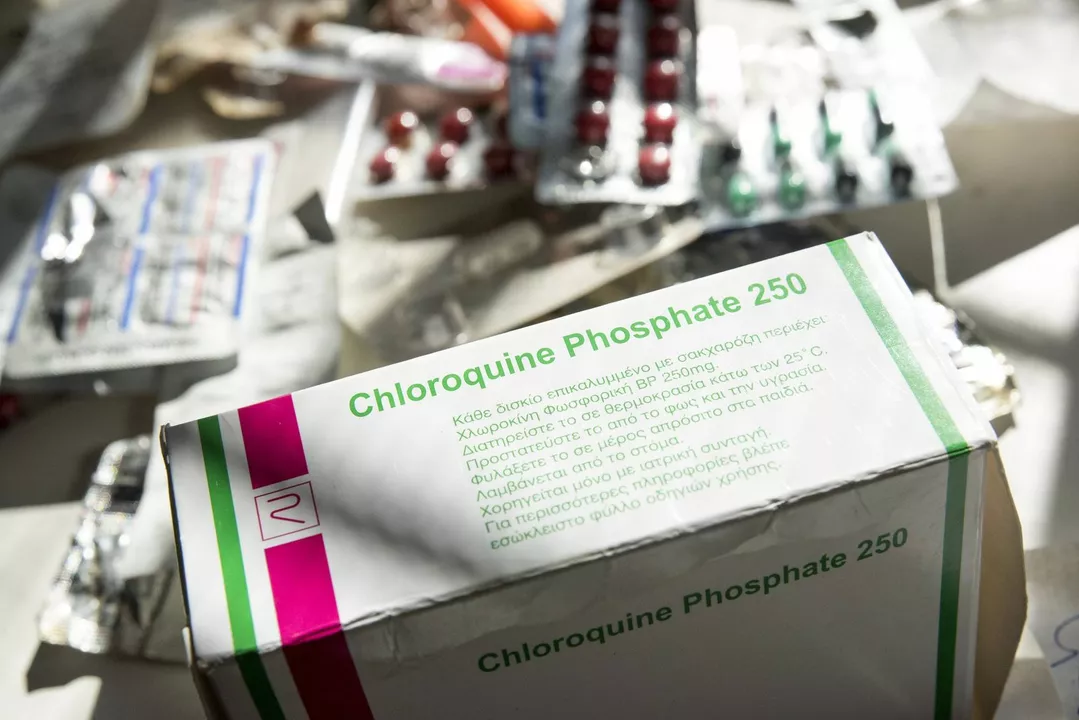Antimalarial Drugs – Quick Guide to Choosing and Using Them
If you’re planning travel to a malaria‑risk area or need treatment after a bite, knowing which antimalarial drug fits your situation can save time and avoid headaches. Below we break down the most common meds, why they matter, and how to use them without trouble.
Common Antimalarial Options
Chloroquine used to be the go‑to pill, but many regions now have resistant strains. It’s still fine in places like Central America where resistance is low. Artemisinin‑based combination therapies (ACTs) such as artemether‑lumefantrine are the current gold standard for treating active infection. They work fast and keep parasites from bouncing back.
Atovaquone‑proguanil (Malarone) is popular for travelers because it’s taken once a day, has few side effects, and stays effective in most resistant zones. Doxycycline doubles as an antibiotic and can be used both for prevention and mild treatment, though it may cause sun sensitivity.
Each drug has its own schedule: some need to start a week before you arrive, others begin the day you land. Check the official recommendation for your destination – the CDC and WHO keep up‑to‑date charts that are easy to read.
How to Use Antimalarial Drugs Safely
First, get a prescription or consult a pharmacist who knows travel medicine. Buying from an unverified online shop can land you with counterfeit pills that do nothing against malaria. Look for sites that display a valid pharmacy license and offer a clear return policy.
Take the medication exactly as directed. Skipping doses or stopping early lets parasites survive, which fuels drug resistance. If you’re on doxycycline, remember to wear sunscreen and stay hydrated – those are simple steps that keep side effects low.
If you develop fever, chills, or flu‑like symptoms while on a preventive drug, assume malaria until proven otherwise. Seek medical help right away; early treatment prevents severe disease.
Finally, store your pills in a cool, dry place and check expiration dates before each trip. A little planning now means you won’t be stuck scrambling for help later.
In my latest blog post, I've delved into the world of antimalarial drugs, specifically comparing chloroquine phosphate with other alternatives. As I researched, I discovered that chloroquine phosphate is a well-established medication, but it's not always the most effective option due to growing resistance. In comparison, newer drugs like Malarone and artemisinin-based combination therapies show promising results with fewer side effects. However, cost and availability can be limiting factors in some cases. Overall, it's crucial to weigh the pros and cons of each antimalarial drug, taking into consideration factors like travel destination and individual health conditions, before making a decision.

